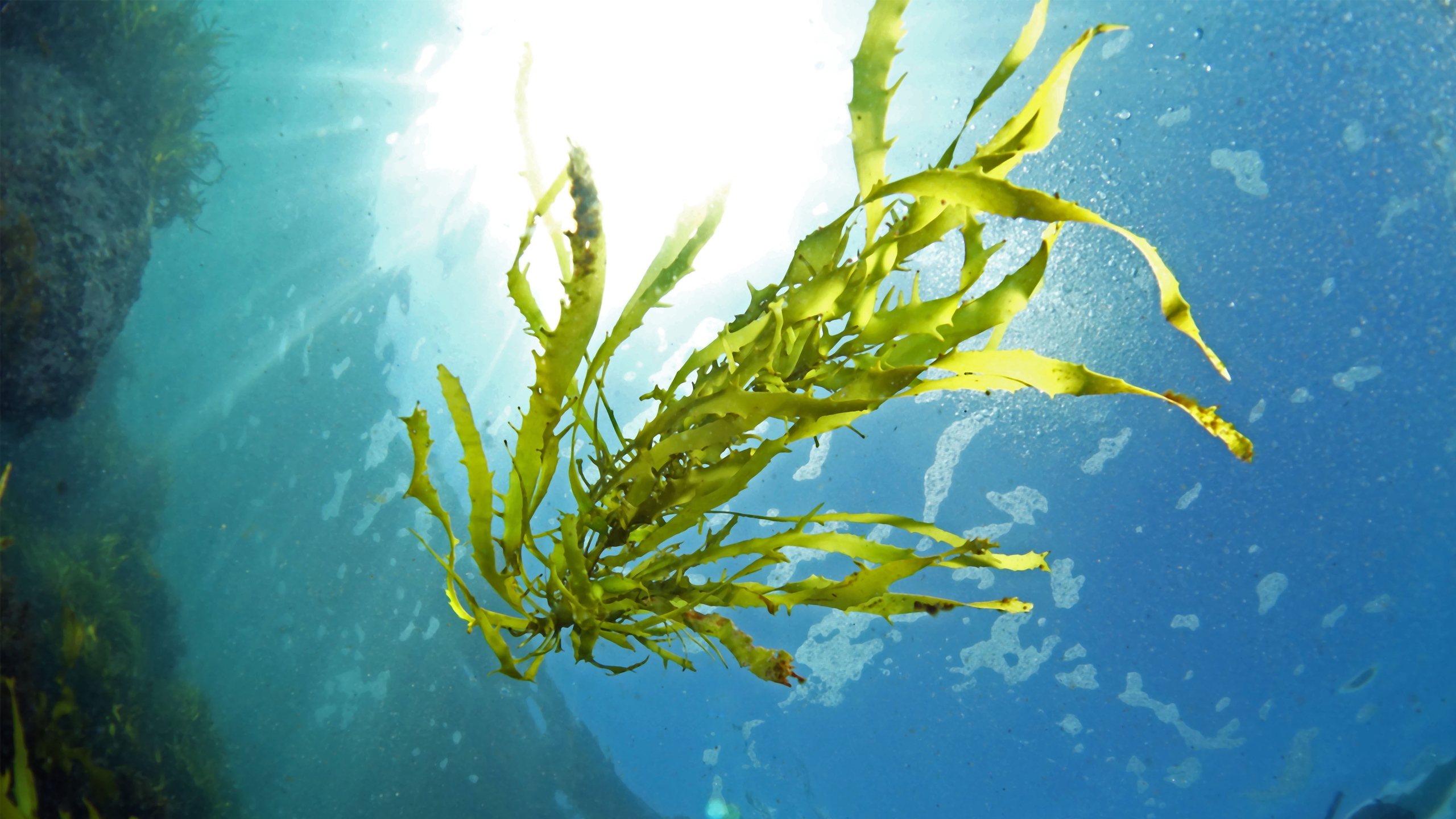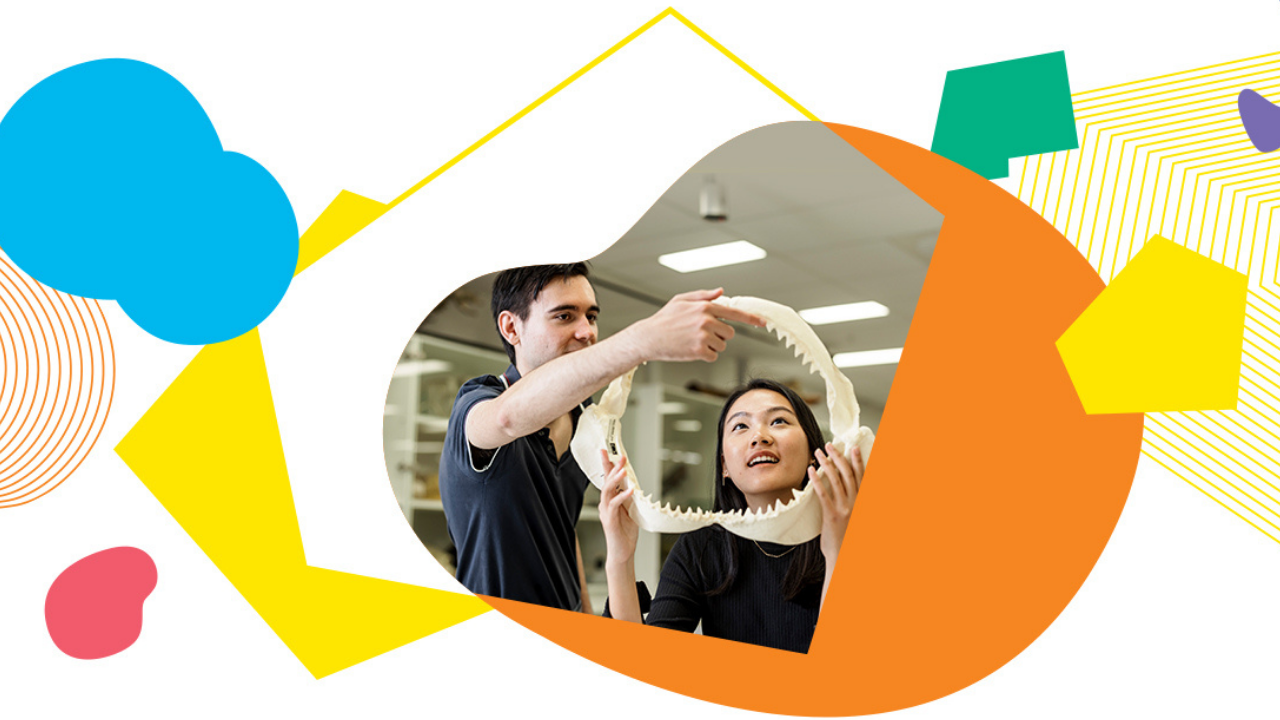The Science of Shakespeare: a new look at the playwright's universe

In his plays, William Shakespeare often refers to objects visible in the night sky. He talks about stars, planets, comets and meteors, and makes great use of astronomical imagery. But what did Shakespeare know about the astronomical thought of his own time – a time when science as we know it today was only just coming into existence? Was he influenced by Galileo and Copernicus? Did he directly, or indirectly, bring the new ideas of science into his works?
Yes, according to Canadian science journalist and author Dan Falk. In this illustrated talk – based on his book, The Science of Shakespeare – Falk will explore Shakespeare’s interest in the scientific discoveries of his time, and argue for a reassessment of the great bard’s understanding of the Scientific Revolution taking place around him.
The Ingenuity Fellowship Lecture hosted by UNSW Engineering presented by Dan Falk, Canadian science writer and author, and current Journalist-in-Residence at UNSW Sydney.

Dan Falk
Based in Toronto, Falk is a science journalist and author whose writing credits include New Scientist, COSMOS, Scientific American, Astronomy Smithsonian, Quanta, Aeon, Slate and many other publications. He’s also a long-time contributor to the Canadian public radio program Ideas – for which he has made 13 feature-length documentaries – and other CBC shows like Quirks & Quarks and Spark, as well as Radio Netherlands and ABC Radio National’s The Science Show and The Philosophers Zone. The Science of Shakespeare is his third book; his two previous books are In Search of Time and Universe on a T-Shirt.



